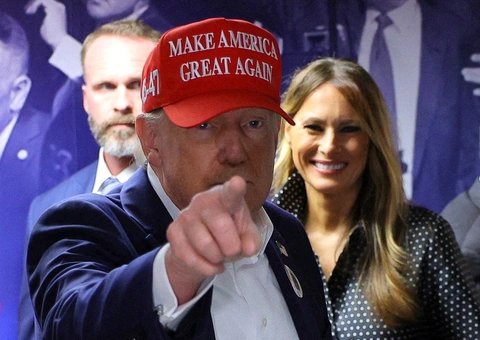In a landmark decision that has stirred national debate, former President Donald Trump signed an executive order mandating proof of citizenship for all voters in federal elections. The move aims to enhance election security and curb alleged voter fraud. While supporters hail it as a necessary step toward electoral integrity, critics argue that it may suppress voter participation, particularly among marginalized communities. This article delves into the implications of the executive order, its legal standing, and the broader impact on American democracy.
## Background on Election Integrity Concerns
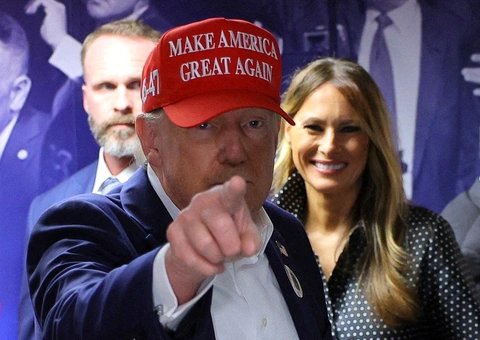
Election security has been a contentious issue in the United States, especially following the 2020 presidential election. Claims of voter fraud, though largely unsubstantiated, have fueled calls for stricter voting regulations. The executive order signed by Trump aligns with his long-standing position that voter ID laws and proof of citizenship are essential to maintaining fair elections.
Historically, federal law requires only that voters be U.S. citizens, but verification methods vary by state. Some states already require proof of citizenship for voter registration, while others rely on an honor system. Trump’s executive order seeks to standardize and enforce this requirement nationwide.
## Key Provisions of the Executive Order
The executive order mandates the following measures:
1. **Proof of Citizenship for Voter Registration:** All individuals registering to vote must provide valid documentation proving their U.S. citizenship, such as a birth certificate, passport, or naturalization certificate.
2. **State Compliance Requirements:** States must verify the citizenship status of registered voters using federal databases.
3. **Increased Penalties for Voter Fraud:** Stricter penalties, including higher fines and potential jail time, for individuals found guilty of voter fraud.
4. **Federal Oversight:** The Department of Justice will oversee state compliance with the order, ensuring that non-citizens are not registered or allowed to vote.
5. **Public Reporting:** Regular reports on voter registration and citizenship verification will be published to enhance transparency.
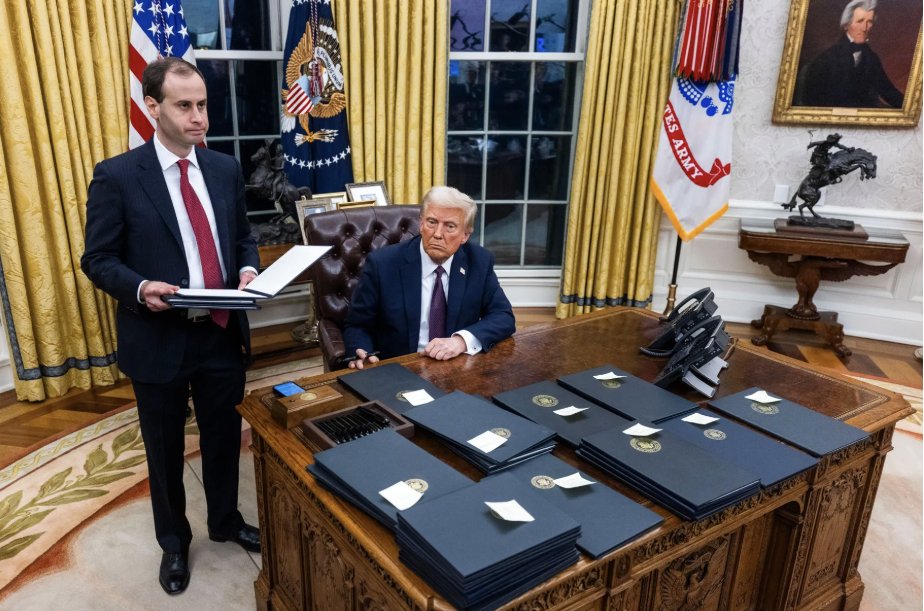
## Support for the Executive Order
### Enhancing Election Integrity
Proponents argue that requiring proof of citizenship is a logical step to prevent voter fraud. They claim that without strict verification, non-citizens could potentially cast ballots, undermining the legitimacy of elections. Ensuring that only eligible voters participate strengthens public confidence in the electoral system.
### Standardizing Voter Registration
With varying state requirements, voter registration processes lack uniformity. The executive order seeks to establish a consistent national standard, eliminating discrepancies between states and reducing potential loopholes that could be exploited.
### Public Support and Political Backing
Many conservative lawmakers and voter integrity groups support the executive order. They argue that safeguarding elections from fraudulent activities should be a bipartisan priority. Some polls indicate that a significant portion of the American public favors stricter voter ID laws, reinforcing the rationale behind the order.
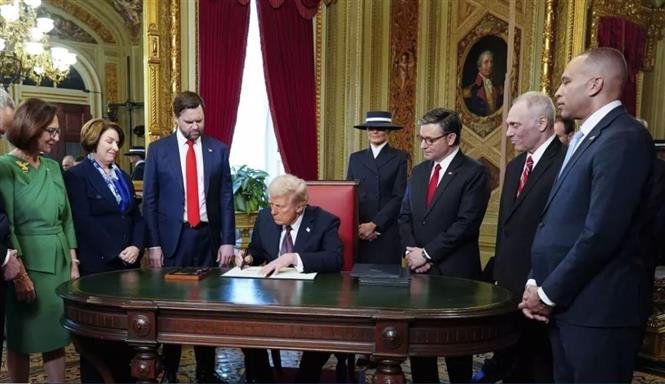
## Opposition and Legal Challenges
### Potential Voter Suppression
Critics argue that requiring proof of citizenship could disenfranchise eligible voters, particularly among low-income, elderly, and minority populations who may lack access to the necessary documents. Historically, such laws have disproportionately affected marginalized communities, raising concerns about voter suppression.
### Constitutional and Legal Hurdles
Opponents also question the legality of the executive order, arguing that election regulations traditionally fall under state jurisdiction. Legal challenges are expected, with civil rights groups and Democratic leaders preparing lawsuits to block the order’s implementation. The Supreme Court may ultimately determine its fate.
### Administrative and Financial Burdens
Implementing nationwide proof-of-citizenship requirements could place a significant financial and logistical strain on states. State election offices would need additional resources to verify citizenship, maintain updated databases, and manage compliance. Critics argue that these costs outweigh the benefits, especially given the lack of widespread evidence of voter fraud.
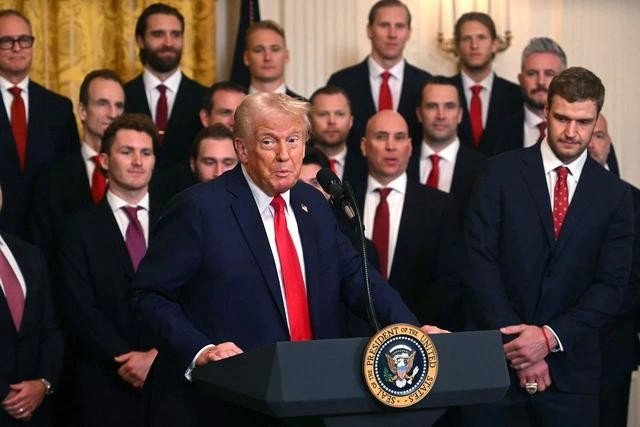
## Impact on Future Elections
### Short-Term Consequences
If enforced, the executive order could significantly alter the voter registration landscape ahead of upcoming elections. Some eligible voters might be unable to cast their ballots due to documentation issues, potentially impacting election outcomes, particularly in battleground states.
### Long-Term Implications
Beyond immediate effects, the executive order sets a precedent for future election laws. If upheld, it could lead to further federal intervention in election processes, challenging the balance of power between state and federal authorities. Additionally, it could reignite debates on voting rights and electoral access in the U.S.
## Conclusio
Trump’s executive order requiring proof of citizenship when voting represents a bold move to reshape American electoral policy. While it aims to bolster election integrity, concerns about voter suppression, legal challenges, and administrative burdens cast uncertainty over its implementation. As the nation grapples with the future of voting rights, the order’s legacy will likely be debated for years to come. Whether it strengthens democracy or restricts access to the ballot box remains to be seen, but one thing is certain—election laws will continue to be at the forefront of American political discourse.
